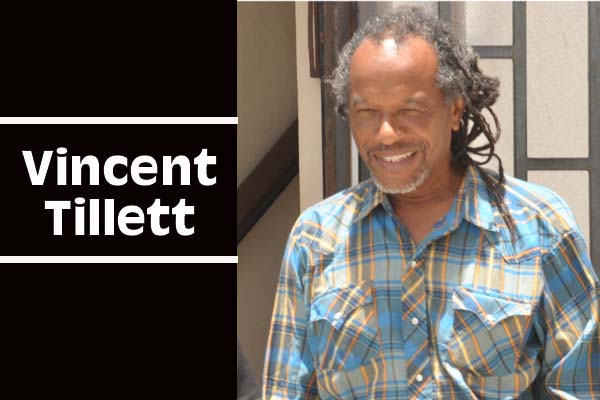Because of the “Evidence Act,” hostile witnesses’ statements admitted into evidence
Vincent Tillett, who was charged for murder but was convicted of the lesser charge of manslaughter and sentenced to serve 15 years in prison, lost his appeal today when the Court of Appeal dismissed his case and affirmed his conviction and sentence.
Tillett’s attorney, Anthony Sylvestre, submitted to the panel of three Appeal Court judges that there was an error on the part of the learned trial judge when he admitted into evidence the statement of two witnesses who had refused to give evidence at the trial and did not use his discretion to weigh the evidence that he admitted against the appellate.
The statements were given by two eyewitnesses to police, but the witnesses were declared hostile after they had refused to give evidence at the trial, but due to an amendment to the Evidence Act, their statements were admitted into evidence at the trial.
Sylvestre said that Tillett was convicted based upon the statement of the two witnesses.
He added that Tillett is the first person to be tried where statements of inconsistencies were admitted into evidence.
“It’s a new law. There is no similar law in any Caribbean country,” Sylvestre said, “in England there is a similar provision which has a very detailed legislation which explains to the judge how he is supposed to treat such statements. We don’t have that in Belize.
Director of Public Prosecution Cheryl-Lynn Vidal told Amandala that the monumental significance of this appeal should not be lost on us.
“For a number of years we have been referring to the lack of cooperation of witnesses at the trial stage, resulting in the acquittals of persons against whom we thought we had sufficient evidence. Government took the very bold step in enacting the amendment to the Evidence Act in 2012, to enable us to tender into evidence when the witness has recanted in court.”
Vidal said that in this particular case, two eyewitnesses to the incident went on the witness stand and refused to cooperate.
“Using that amendment, the prosecution was able to get both statements into evidence,” Vidal explained, “it is those two statements and the partial admission of the applicant that the judge convicted him of manslaughter.” Vidal added, “Prior to that amendment, the prosecution would not have been able to go forward. Instead, we ended up not only with a conviction, but a conviction that can withstand an appeal. So this is a great day for justice.”
Tillett was convicted of the February 13, 2011 murder of Darwin Phillips, 23. Phillips was stabbed once in the chest, and by the time he ran out of the house at #170 Antelope Street, where the incident had occurred, he fell dead onto the street.
Phillips was in a relationship with the mother of Tillett’s children. On the day of the murder, Tillett, who had left the house, later returned and found Phillips inside the house, eating.
At Tillett’s trial without a jury in November 2013, Supreme Court Justice Lucas found him guilty of manslaughter, telling him at his sentencing, “I found that you did not intend to kill. Even if you had intended to kill, I did not find that.”
Justice Lucas sentenced him to 15 years, but stipulated that three years be deducted from the sentence for time he had spent on remand.

